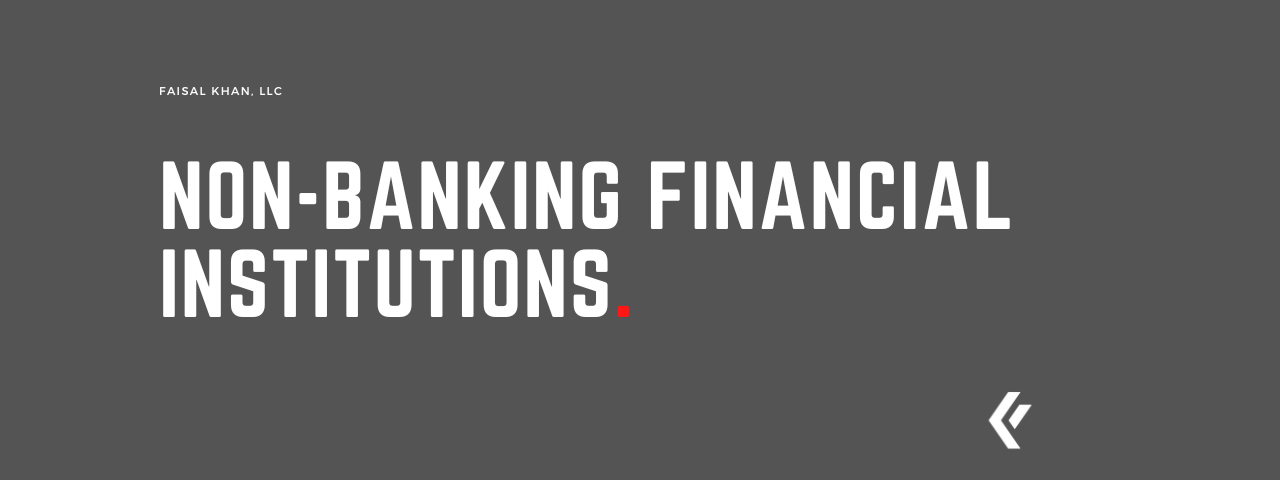A non-banking financial institution (NBFI), also known as a non-bank financial company (NBFC), is a financial institution that provides financial services but does not have a banking license. These institutions do not accept deposits from the public and are not part of the payment system. The legal definition of an NBFI varies by jurisdiction, but typically includes companies such as finance companies, moneylenders, and other firms that offer financial services without having a banking license.
Examples of NBFIs include Finance companies, Microfinance companies, NBFC-P2P (Peer to Peer lending platforms), NBFC-Factors, NBFC-MFI (Micro-Finance Institution), NBFC-Infrastructure Finance Company, NBFC-Asset Finance Company, NBFC-Venture Capital Fund/Alternative Investment Fund, NBFC-Portfolio Management Services, NBFC-Leasing and Finance company, NBFC-Credit Card Company, NBFC-Housing Finance Company, NBFC-Non-Operative Financial Holding Company.
NBFIs serve a wide range of customers, including individuals, businesses, and government entities. They offer a variety of services such as loans, mortgages, credit cards, investment products, and insurance, however, the scope and range of services varies depending on the type of NBFI.
NBFIs are regulated by different government agencies at the federal and state levels. For example, finance companies and moneylenders are typically regulated by state banking departments or consumer protection agencies. NBFCs are regulated by Reserve Bank of India (RBI) in India, SEC in US and similar regulatory bodies in other countries.
—
This page was last updated on January 17, 2023.
–

